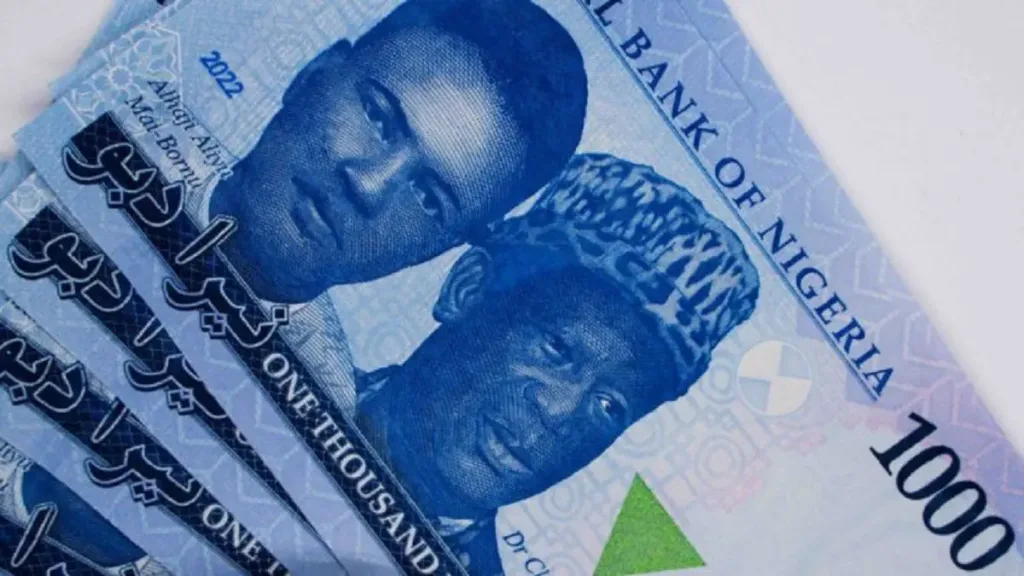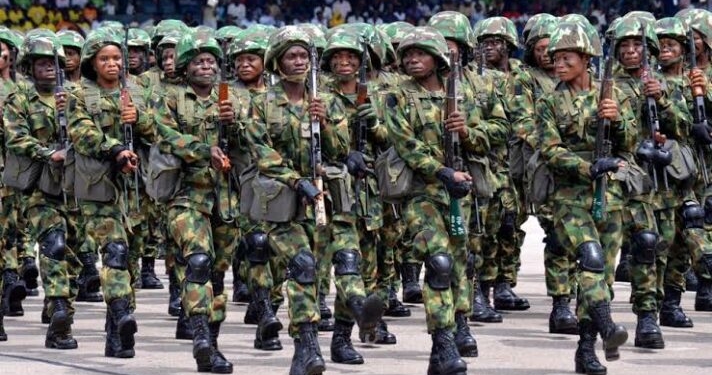Mass protests have been ongoing in Madagascar, sparked by chronic power cuts, water shortages, and allegations of corruption. The demonstrations, led by the Gen Z Madagascar collective, have put President Andry Rajoelina under increasing pressure. The group has issued an ultimatum, giving the president until Wednesday night to meet their demands, which include the removal of Senate President Richard Ravalomanana and investigations into businessman Mamy Ravatomanga, a close ally of the president.
The protests, which began on September 25, have grown into a broader anti-government movement, with at least 22 people killed and 100 injured in clashes with security forces, according to the United Nations. The government has disputed the death toll. In an effort to calm the unrest, President Rajoelina dismissed his entire government last week and appointed a new prime minister, General Rufin Fortunat Zafisambo. However, the move has failed to ease tensions, with the opposition platform Firaisankina calling the appointment “a provocation to the Malagasy people.”
The Gen Z Madagascar collective has rejected the new prime minister’s appointment, describing it as a “cosmetic maneuver.” The group has also refused to participate in a national dialogue planned by the president, which is set to take place on Wednesday. The dialogue aims to bring together spiritual leaders, students, youth representatives, and other stakeholders to discuss the country’s issues. However, the collective has stated that it will only participate if its demands are met.
The protests in Madagascar are part of a larger trend of Gen Z-led movements across the continent, with similar demonstrations taking place in Kenya and Nepal. The movement is driven by concerns over poverty, corruption, and poor governance. Madagascar, one of the poorest countries in the world, has a history of political upheaval and military rule. The current unrest has significant implications for the country’s stability and future.
As the situation continues to unfold, the international community is watching closely. The United Nations has called for calm and restraint, while the African Union has urged the government to engage in dialogue with the protesters. The outcome of the protests and the government’s response will have far-reaching consequences for Madagascar and the region. With the ultimatum set to expire on Wednesday night, the country is bracing for a potential nationwide strike, which could further exacerbate the crisis.



